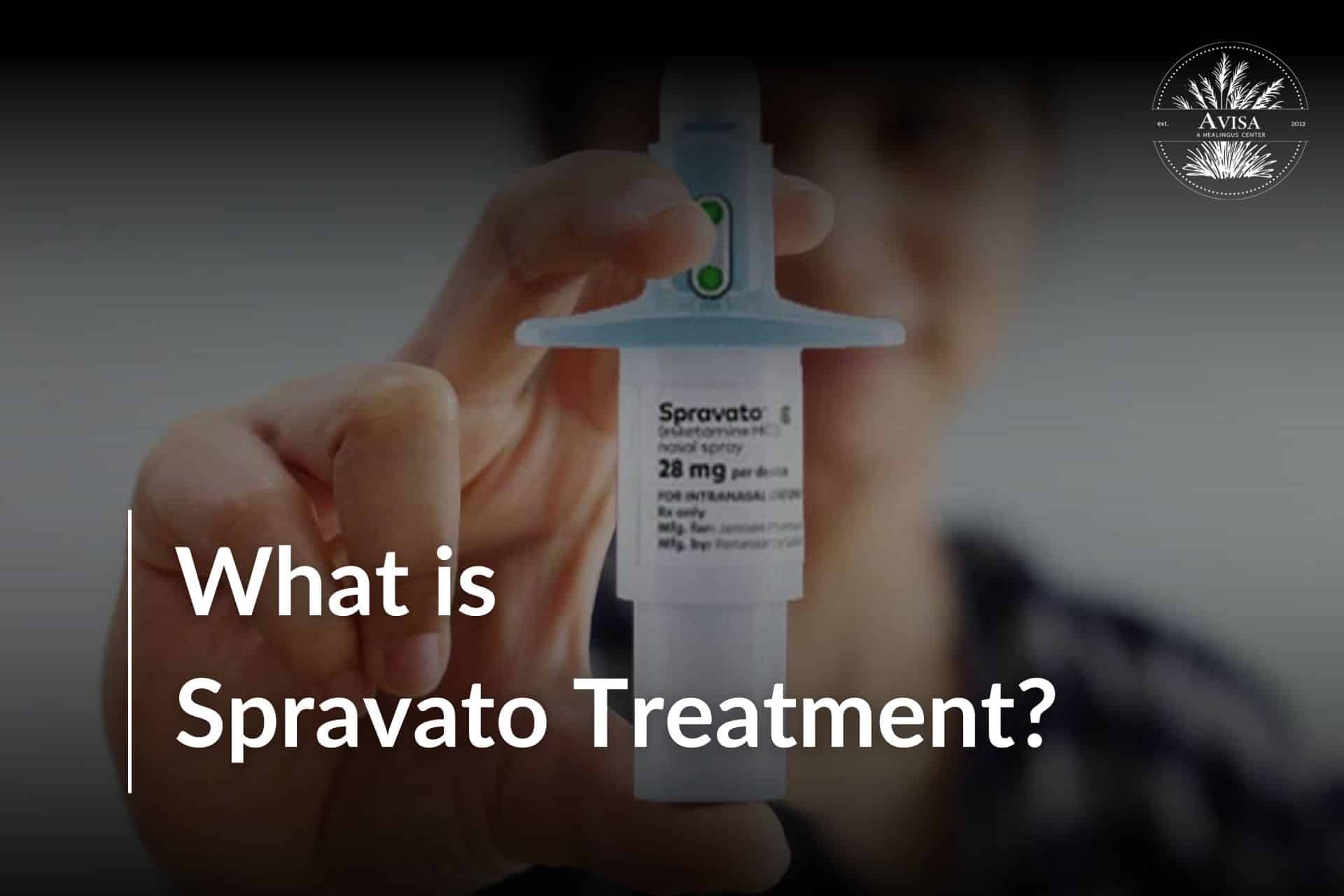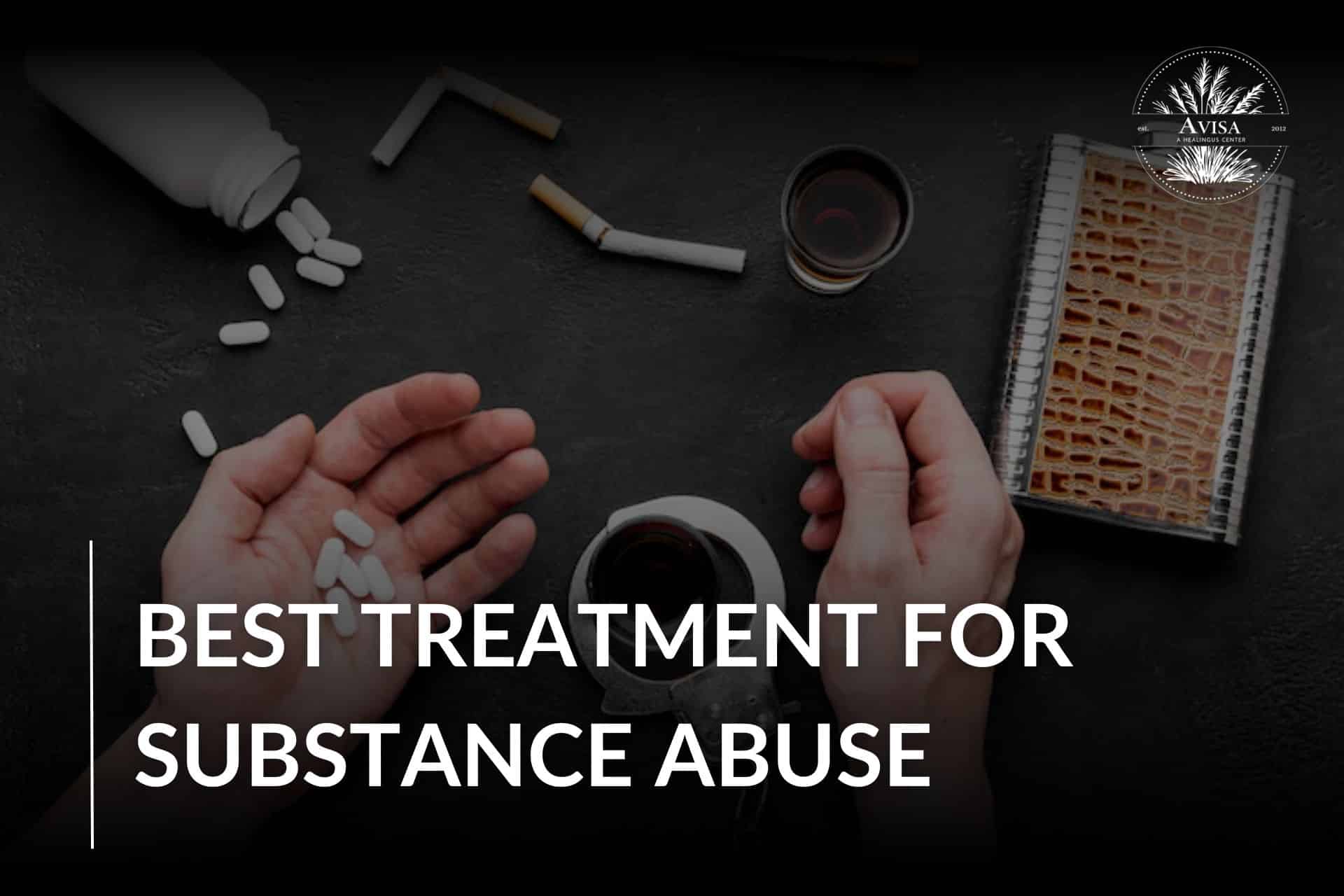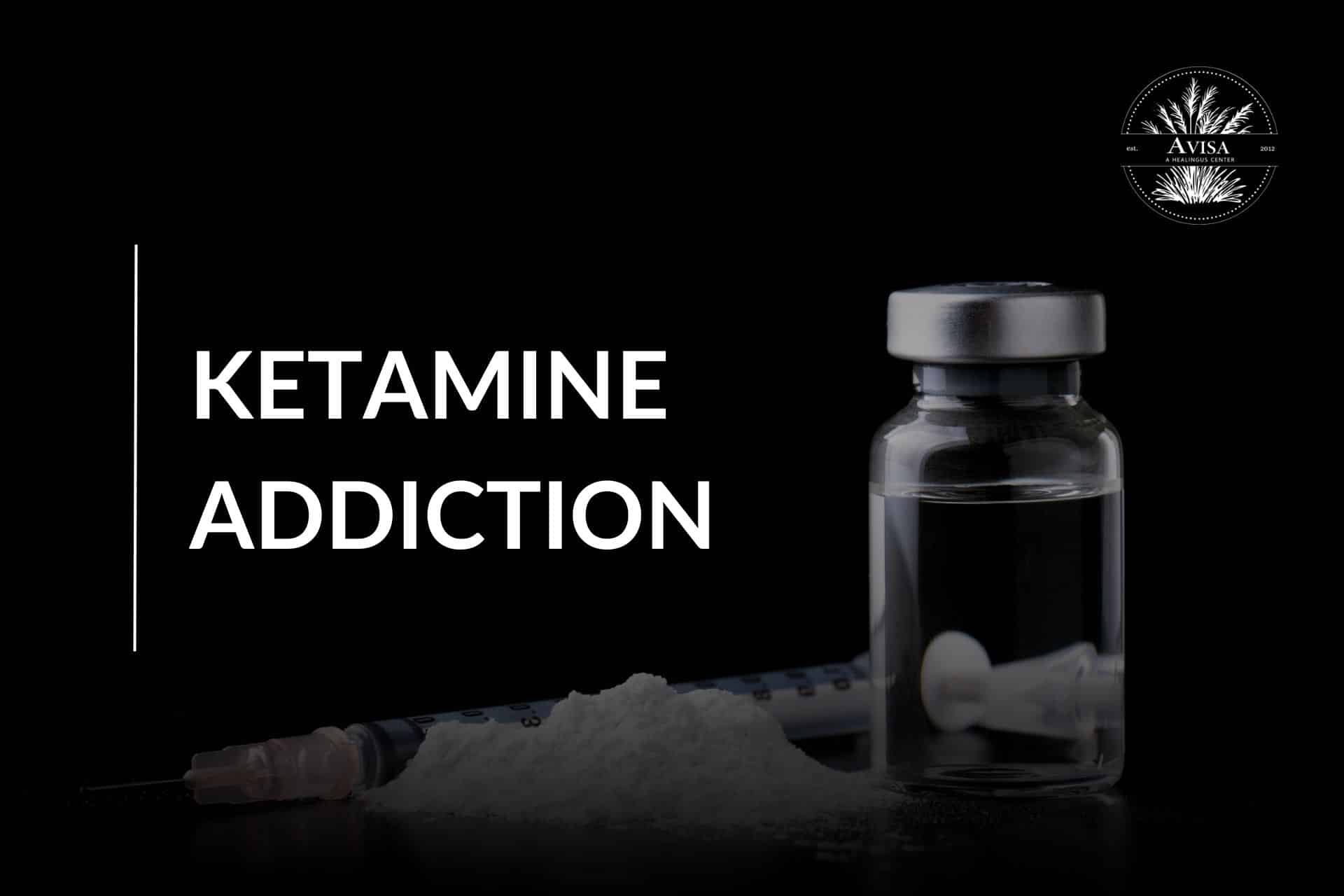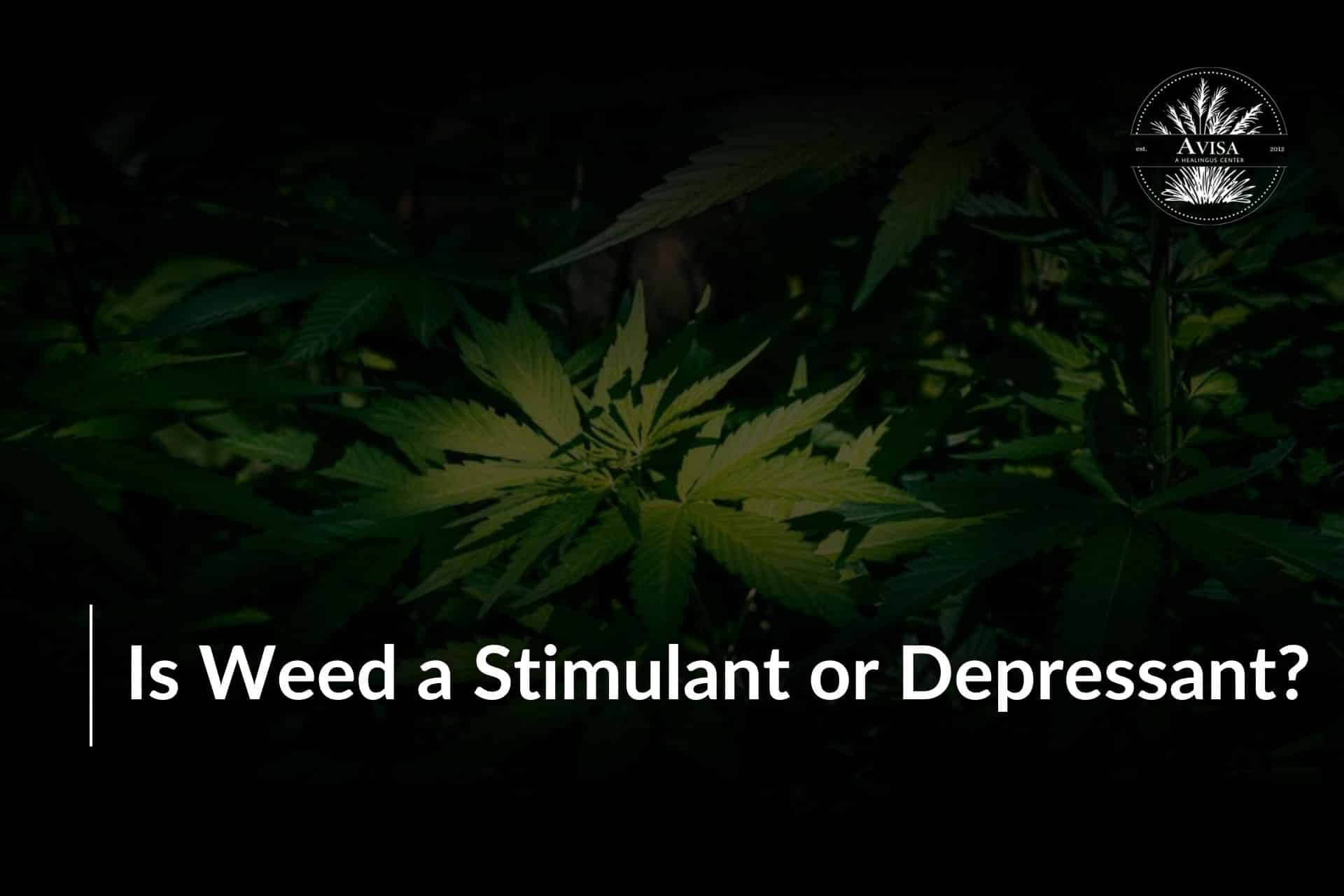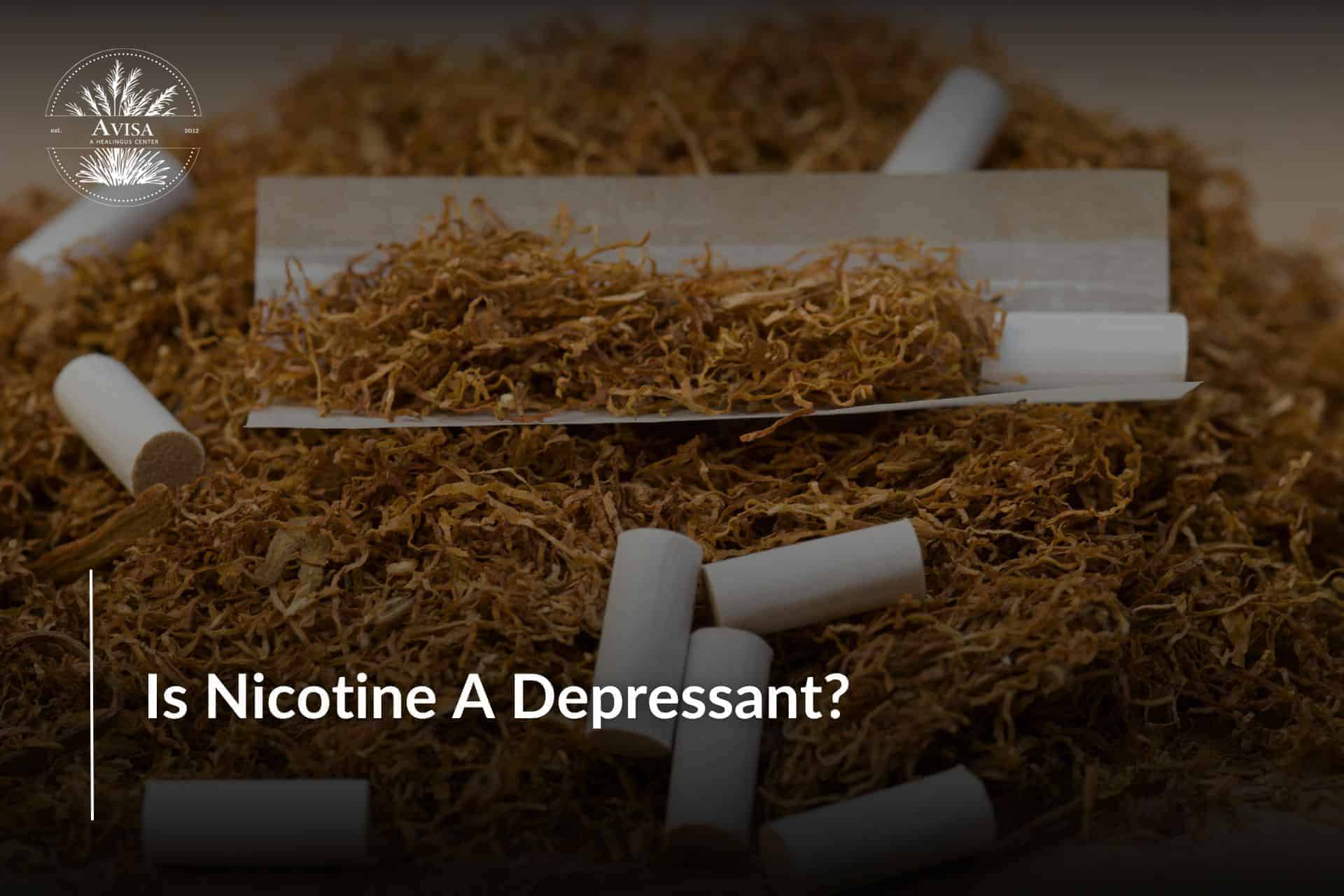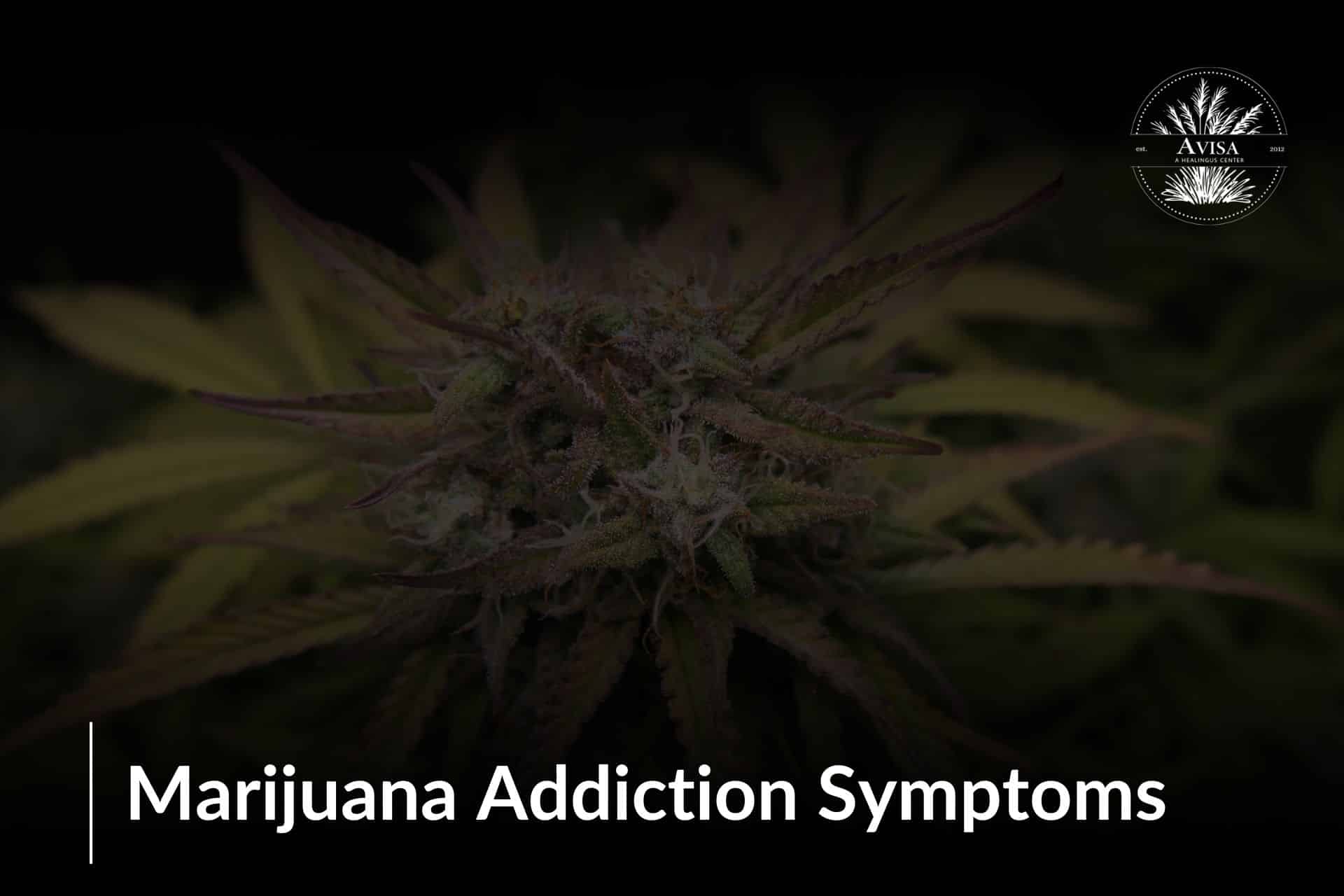Dealing with depression can be challenging, especially if medications haven’t brought relief. There’s good news! New options are emerging in the world of mental health. One such option is Spravato, a nasal spray medication for adults with depression that hasn’t improved with other treatments.
A recent example is Spravato, a new kind of medicine that comes as a nose spray. It helps people with depression that hasn’t gotten better even after trying other medications.
This guide thoroughly explores Spravato treatment, including how it works, who it helps, potential side effects, and what to expect during the process.
How Does Spravato Work?
Spravato is the brand name for esketamine, and it acts differently than most depression meds. Regular antidepressants focus on chemicals in the brain called serotonin and norepinephrine. On the contrary, Spravato focuses N-methyl-D-aspartate (NMDA) receptor. This receptor is kind of like a connection point in the brain, and Spravato might help rebuild those connections that might be broken in people with depression. It’s like fixing the wiring in your brain to help it work better.
Difference Between Esketamine and Ketamine
While both are derived from ketamine, esketamine, and ketamine differ in their chemical structures and medical applications. Esketamine is the S-enantiomer of ketamine, whereas ketamine is a racemic mixture of both S and R-enantiomers. Esketamine is primarily used as a nasal spray for treatment-resistant depression, undergoing extensive clinical trials for its efficacy and safety. Ketamine, on the other hand, has a broader range of medical uses, including anesthesia and pain management. While they share similarities in their mechanisms of action, their distinct formulations and targeted applications highlight their unique roles in clinical practice.
Who Should Take Spravato
Spravato is primarily prescribed for individuals who have been diagnosed with treatment-resistant depression. This term refers to depression that has not responded adequately to at least two different antidepressant medications. It is essential to consult a qualified healthcare professional to determine if Spravato is a suitable option, as they will consider various factors such as medical history, current medications, and the severity of depression.
What Is Depression?
Before delving further into what is Spravato treatment, it’s crucial to understand what depression entails. Depression is a mental health issue characterized by persistent feelings of sadness, hopelessness, and a loss of interest in activities that were once enjoyable. It can significantly harm daily functioning and quality of life if left untreated. Depression is a complex condition influenced by a combination of genetic, biological, environmental, and psychological factors.
Depression Symptoms To Watch For
Recognizing the signs of depression is crucial for timely intervention and treatment. Some common symptoms include:
- Persistent Sadness: Feeling down or hopeless for an extended period, often without an apparent reason.
- Loss of Interest: Feeling loss of interest in activities that were once enjoyable or engaging.
- Fatigue and Low Energy: Feeling constantly tired or lacking energy, even after rest.
- Changes in Appetite or Weight: Remarkable changes in appetite, leading to weight gain or loss.
- Sleep Disturbances: Difficulty falling asleep, staying asleep, or oversleeping.
- Feelings of Worthlessness: Persistent feelings of worthlessness or guilt, even when undeserved.
- Difficulty Concentrating: Lack of focus, difficulty making decisions, or difficulty remembering things.
- Irritability or Restlessness: Feeling easily agitated, frustrated, or on edge.
- Physical Symptoms: Unexplained aches, pains, or digestive issues without a clear medical cause.
- Thoughts of Death or Suicide: Persistent thoughts of death, dying, or harming oneself.
If you or someone you know is experiencing several of these symptoms for an extended period, it’s essential to seek help from a healthcare professional and to understand what is Spravato treatment. Depression is a treatable condition, and early intervention can significantly improve outcomes and quality of life.
Depression Risk Factors
Several factors may increase the risk of developing deprion, including:
- Genetic predisposition: A family history of depression or other mood disorders may increase an individual’s susceptibility.
- Brain chemistry and structure: Imbalances in neurotransmitters and changes in brain structure have been linked to depression.
- Life events: Traumatic experiences, chronic stress, or significant life changes can trigger or exacerbate depression.
- Medical conditions: Certain medical conditions such as chronic illness, hormonal imbalances, or neurological disorders, can contribute to depression.
- Substance abuse: Substance abuse, including alcohol and drugs, can worsen or trigger depression.
Spravato for Depression Treatment
Spravato, a breakthrough in depression treatment, is administered via nasal spray, often complementing oral antidepressants. The treatment entails two phases: induction and maintenance. Under the careful supervision of healthcare professionals, individuals begin the induction phase, receiving Spravato in a clinic or medical setting. Dosage and frequency are then adjusted to individual responses, ensuring optimal effectiveness. This personalized approach, coupled with medical oversight, maximizes the potential benefits of Spravato therapy while prioritizing patient safety and well-being.
Preparing for Spravato Treatment
Before getting the knowledge of what is Spravato treatment and starting it practically, it’s essential to discuss any pre-existing medical conditions, medications, or concerns with your healthcare provider. Additionally, individuals undergoing Spravato treatment should arrange transportation to and from the clinic, as the medication may cause dizziness or disorientation.
Spravato (Esketamine) Side Effects
Like any medication, Spravato may cause side effects, which can vary in severity from person to person. Common side effects may include dizziness, nausea, sedation, increased blood pressure, headache and feeling drunk or intoxicated.
It is crucial to promptly inform your healthcare provider of any side effects experienced. In some cases, dosage adjustments or treatment plans may be necessary to minimize discomfort.
What To Do After Spravato
After receiving Spravato treatment, individuals are typically monitored for a period to ensure their safety before being cleared to leave the clinic. It’s essential to have a support system in place and engage in self-care practices during the recovery period. Your healthcare provider will guide managing any lingering side effects and scheduling follow-up appointments.
Conclusion
Spravato treatment represents a promising advancement in the field of depression management, particularly for individuals who have not responded to conventional antidepressant therapies. By targeting the NMDA receptor in the brain, Spravato offers a novel approach to addressing treatment-resistant depression. However, it’s crucial to approach Spravato treatment under the guidance of a qualified healthcare provider who can assess its suitability and monitor for potential side effects.
If you or a loved one are struggling with depression and have not found relief with traditional treatments, consider exploring Spravato treatment options. Contact Avisa Recovery today to learn more about how our experienced team can support you on your journey towards mental wellness.
FAQs
1. Is Spravato addictive?
- After knowing about what is Spravato treatment, it’s essential to know that, like any medication, Spravato has the potential for misuse or dependence if not used as directed. However, studies have shown that when used as prescribed under medical supervision, the risk of addiction to Spravato is low. Healthcare providers closely monitor patients undergoing Spravato treatment to mitigate any potential risks and ensure its safe and effective use in managing depression. It’s essential for individuals receiving Spravato to adhere to their prescribed treatment plan and communicate openly with their healthcare provider about any concerns or changes in their symptoms.
2. How long does Spravato treatment take to work?
- The timeframe for experiencing noticeable improvements with Spravato treatment can vary among individuals. Some may start to notice benefits within a few days, while others may require several weeks of treatment to achieve optimal results.
3. Is Spravato covered by insurance?
- Coverage for Spravato treatment may vary depending on individual insurance plans and providers. It’s important to check with your insurance company to determine coverage eligibility and any associated costs.
4. Can Spravato be used as a standalone treatment for depression?
- Spravato is typically prescribed as an adjunctive treatment alongside oral antidepressants for individuals with treatment-resistant depression. It is not intended to replace other depression treatments but rather to complement existing therapeutic approaches.
5. Are there any long-term effects of Spravato treatment?
- The long-term effects of Spravato treatment are still being studied. As with any medication, ongoing monitoring and evaluation by healthcare professionals are essential to assess safety and efficacy over time.


